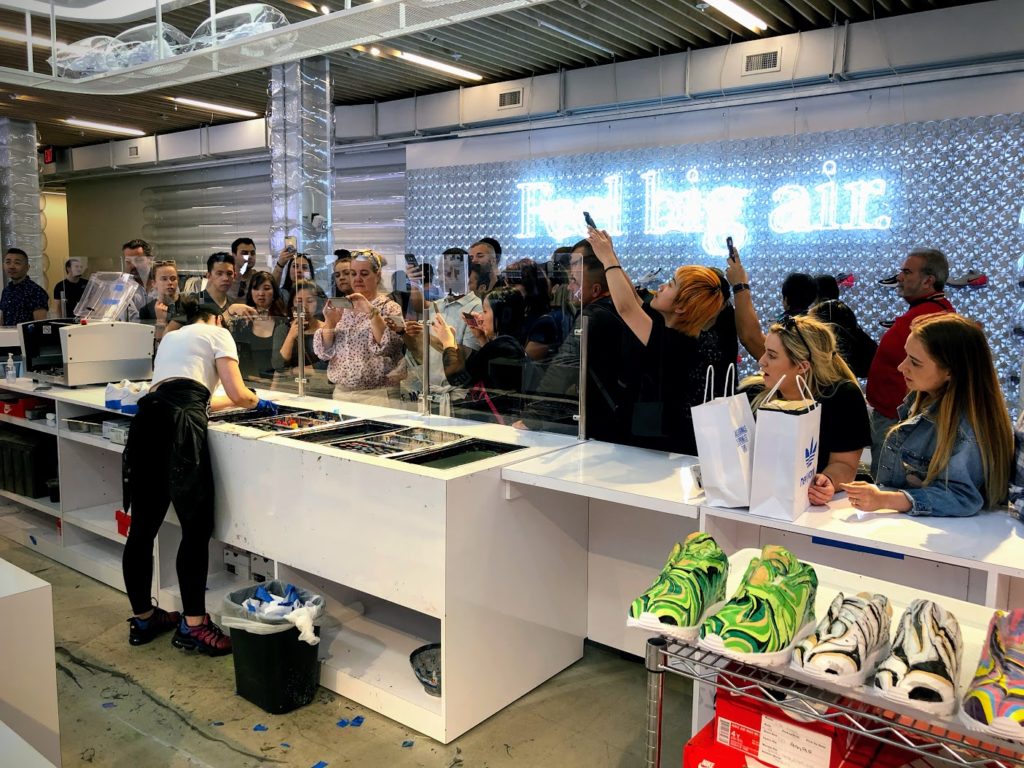 Successful customer loyalty programs can seem like an impossible dream for a retailer, but their potential for repeat business makes them well worth pursuing — if done properly. Store credit cards, for example, might appear to be a good place to start, as 40 percent of shoppers who have one indicate that they’re more likely to return.
Successful customer loyalty programs can seem like an impossible dream for a retailer, but their potential for repeat business makes them well worth pursuing — if done properly. Store credit cards, for example, might appear to be a good place to start, as 40 percent of shoppers who have one indicate that they’re more likely to return.
Branded store credit cards can be a good way for retailers to encourage repeat business, but they’re not be ideal for earning customer loyalty.

 Companies in retail, consumer products, and wholesale distribution industries are going through truly significant change, in part driven by consumers using smartphones to browse, purchase, and share their opinions, and in part driven by companies such as Amazon, that harnessed technology to drive new industry dynamics. Companies are responding as they adapt to this mobile-first, omnichannel world, and traditional industry lines are blurring. Retailers are increasingly selling their own branded products, and consumer products companies are increasingly going direct to consumer.
Companies in retail, consumer products, and wholesale distribution industries are going through truly significant change, in part driven by consumers using smartphones to browse, purchase, and share their opinions, and in part driven by companies such as Amazon, that harnessed technology to drive new industry dynamics. Companies are responding as they adapt to this mobile-first, omnichannel world, and traditional industry lines are blurring. Retailers are increasingly selling their own branded products, and consumer products companies are increasingly going direct to consumer.
 As companies become more consumer-centric, they are investing in new and creative consumer engagement methods. In this article, I’ll explore how consumer goods companies are redefining business models based on direct consumer interaction in favor of holistic engagement that will foster ongoing, meaningful relationships.
As companies become more consumer-centric, they are investing in new and creative consumer engagement methods. In this article, I’ll explore how consumer goods companies are redefining business models based on direct consumer interaction in favor of holistic engagement that will foster ongoing, meaningful relationships.

